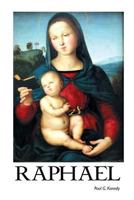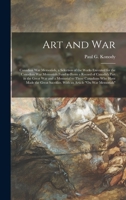Demon Nurse
Select Format
Select Condition 
Book Overview
This story is inspired by terrifying events from the nineties. The characters are local, high school seniors from Ellicott City, Maryland who visit the haunted ruins of an abandoned hospital, bring back something that was long forgotten, and seek the guidance of a Buddhist priest for an exorcism.
Previously published as Demon Nurse: Inspired by a True Story by Mark Adams.Format:Hardcover
Language:English
ISBN:1891620436
ISBN13:9781891620430
Release Date:December 1999
Publisher:PublicAffairs
Length:176 Pages
Weight:0.65 lbs.
Dimensions:0.7" x 6.0" x 8.9"
More by Paul George Konody
Customer Reviews
6 customer ratings | 5 reviews
There are currently no reviews. Be the first to review this work.

































